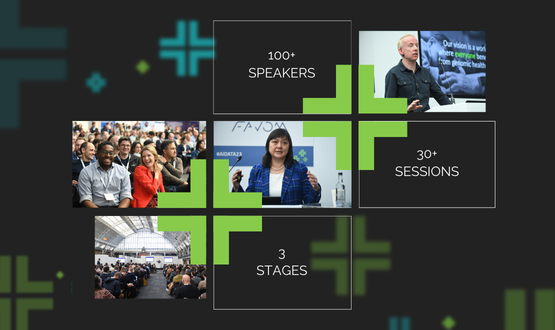Healthcare sector has lowest levels of security protection for AI
- 19 October 2023

A global survey by Censuswide has revealed that the healthcare sector is only just behind the tech space for employee AI usage. This is despite having the lowest levels of security investment in AI protection.
Surveying 1,200 IT and security leaders around the world, the ExtraHop-commissioned survey unveiled some concerning statistics about how organisations secure and govern the use of generative AI tools in their organisations – both now and their intentions for the future.
Of those surveyed in the healthcare sector, 73% said their employees frequently or sometimes use generative AI tools or large language models (LLM), placing them second in the list of most likely to be using the tools. The industry with the highest number of users was technology – with 85%, while government took the bottom spot with 55% of users.
Despite, the wide-spread use of AI applications and tools, the healthcare sector has lagged behind when it comes to managing this usage. Fewer than half of healthcare organisations had either monitoring technology or governance policies in place (44% and 42% respectively).
IT decision makers in the sector globally, however, were very confident in their ability to protect against AI threats – with 82% agreeing with the sentiment. Thirty nine percent say they provide employees with acceptable use training for generative AI, while 30% have banned its use completely. The UK, industry-wide, showed less confidence: 43% said they were not at all, or not particularly confident in their ability to protect against threats.
When asked about their greatest concerns around generative AI, healthcare leaders were most worried about exposure of personally identifiable information (47%), followed by exposure of trade secrets or IP (40%). Just one percent expressed they had no concerns.
Globally there was an overwhelmingly positive response to the prospect of investing in generative AI security measures – 74% said yes. However, the UK response to this question was less positive, with less than half of respondents agreeing (49%). However, the survey does point out that the UK also has the lowest adoption rate – with nearly half of respondents reporting employees rarely (35%) or never (11%) use AI tools.
With generative AI being such a rapidly growing technology, healthcare organisations need to work hard to ensure their implementations are secure, with risks suitably mitigated. The study underlines the gaps that exist in securing AI usage.
Later this month we’ll be hosting the inaugural Digital Health AI and Data conference. Ahead of appearing at the event Dione Rogers, Simon Noel and Julia Gudgeon explored the impact of AI on nursing and midwifery.



